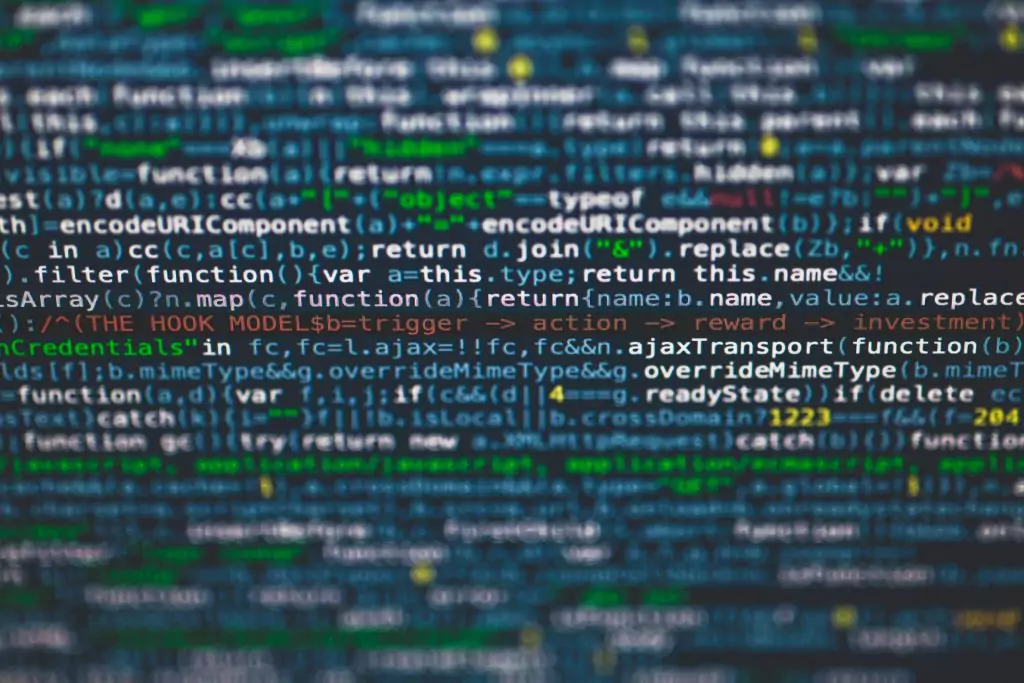A junior computer science student feels that non-CS courses have hindered his skill development, prompting a discussion on the effectiveness of university curricula.

✅ AI Essay Writer ✅ AI Detector ✅ Plagchecker ✅ Paraphraser
✅ Summarizer ✅ Citation Generator

John’s Story
John, a junior computer science student, recently shared his concerns about the balance between theoretical and practical courses in his university curriculum. Despite the university being ABET accredited, John feels that non-computer science courses, such as Calculus 2 and Biology, have consumed a significant amount of his time and hindered his skill development in his chosen field.
John has learned a variety of topics, such as SQL Server, Git, Azure, and .NET, through self-study and internships, while his university has taught him Java, C#, Assembly Language, and Software Engineering. However, he believes that the time spent on theoretical subjects like state machines, computer organization, k-maps, and circuits, as well as general education courses, has negatively impacted his ability to improve his practical skills.
This semester, John is looking forward to taking more industry-focused courses, hoping to practice his skills in areas such as Unity, Git, and SQL. Despite his earlier frustrations, he now feels more optimistic about his degree choice.
John’s story has sparked a debate on the effectiveness of university curricula and the balance between theoretical knowledge and practical skills. Some argue that a well-rounded education is essential, while others believe that more emphasis should be placed on industry-relevant skills to better prepare students for their careers.
Theory vs Practice
A story about a junior computer science student’s frustration with their university curriculum has sparked a debate among Reddit users on the balance between theoretical knowledge and practical skills in computer science education. Many users shared their thoughts on the importance of both aspects in shaping successful careers in the industry.
Some users argued that the emphasis on theoretical topics is essential since technologies are ephemeral while science is eternal. They stressed that a solid foundation in the fundamentals would guide students through the ever-evolving landscape of technology.
“University is there to teach you to be academically minded and want to push you towards the scientific and engineering mind and careers, which is why there is such an emphasis on theory instead of hands-on skill. This is especially true in research universities.”
Others pointed out that universities are not trade schools and that their primary goal is to foster academic thinking and scientific minds. They acknowledged that while computer science is a science, programming is more of a craft or even an artistic skill that students are expected to learn alongside the theoretical concepts. This distinction between computer science and computer programming was highlighted by some users, who noted that those who prefer a more hands-on approach might be better suited for software engineering or similar degrees.
“First things first, you are studying Computer Science, not Computer Programing.
Things like mathematics and boolean algebra are pretty darn fundamental to computer science.
Someone with a Computer Science degree could get a job as a programmer or system analyst or in microprocessor design (Sophie Wilson who designed the ARM instruction set is a Computer Scientist) or etc. Computer Programming is rather more focused on a single profession.”
One Reddit user emphasized the importance of domain knowledge in the field, stating that programmers often require expertise beyond programming itself. They argued that a general education could be more helpful than students realize, as it prepares them for various domains they might encounter in their future work.
“Well first off, “computer science” is a more theoretical degree by design. If you wanted more hands on you should have gone into software engineering or a similar degree.”
“The thing a lot of students don’t realize is programmers don’t spend all their time programming. You need a lot of domain knowledge, and you have no idea right now what domains you will eventually work in. Being able to learn things that are not programming related is a big part of your future work, so a general education is much more helpful than you think.”
The debate also touched upon the pressure universities face in striking a balance between teaching scientific fundamentals and keeping up with the latest technologies and trends. Some users mentioned that university curricula for computer science have been adapting and updating at a faster pace than other degree programs, reflecting the need to stay relevant in a rapidly changing industry.
Overall, the Reddit discussion highlighted the challenges and complexities of shaping an effective computer science curriculum that caters to both theoretical and practical aspects of the field. The ongoing debate underscores the importance of finding the right balance to ensure that graduates are well-prepared for their careers in the ever-evolving world of technology.
- Best assignment writing service: Our top 10 – Reserve Version
- Best assignment service: Our top 10
- Ground News Review 2025
- Media Bias Fact Check Review 2025
- PolitiFact Review 2025
Follow us on Reddit for more insights and updates.





Comments (0)
Welcome to A*Help comments!
We’re all about debate and discussion at A*Help.
We value the diverse opinions of users, so you may find points of view that you don’t agree with. And that’s cool. However, there are certain things we’re not OK with: attempts to manipulate our data in any way, for example, or the posting of discriminative, offensive, hateful, or disparaging material.